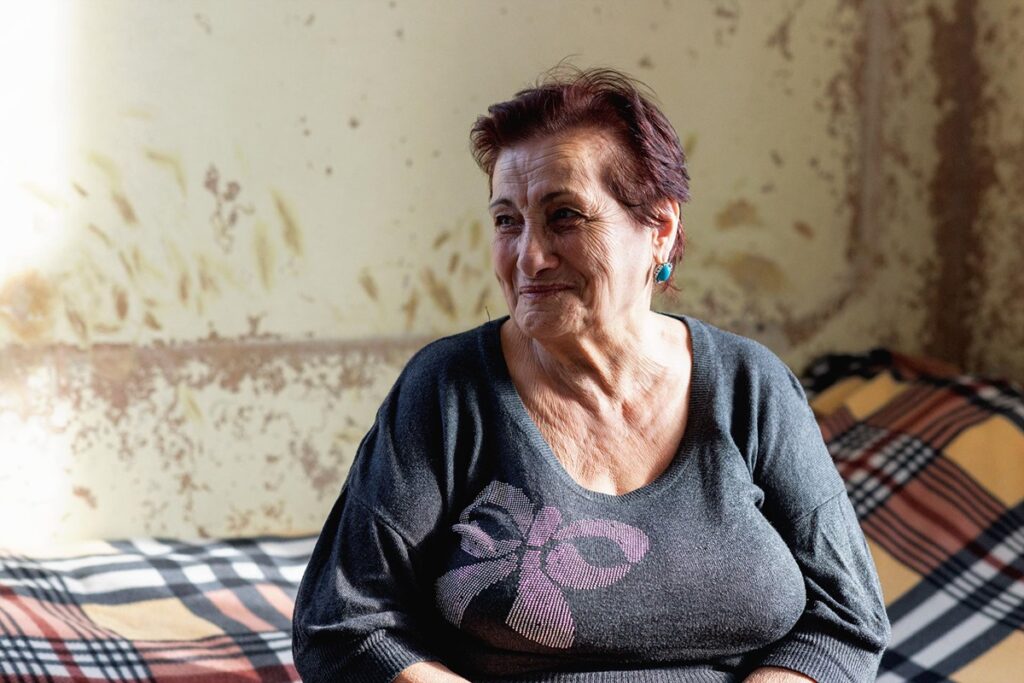WHO continues to expand MHPSS services to Armenian refugees and host populations, a critical need identified by refugees.
This includes establishing a mobile team that will visit affected communities weekly to provide immediate MHPSS support. More than 973 people have received consultation from MHPSS so far, of which 16% are children and 35% are elderly.
WHO also continues to strengthen the capacity of the MHPSS hotline. Operators work in shifts to listen to and provide referrals to clients suffering from anxiety, depression, or suicidal thoughts. In the past six months, 10 operators received specialized training and responded to a total of 4,546 calls.
Vahan Simonian, a psychiatrist on the task force, told WHO that mental health needs remain acute: Each of the refugees came with a history of mental health issues, and now serious symptoms are emerging. ”
Providing MHPSS to burn patients, their families, and medical staff is also a key feature of WHO's response.
More than 1,262 individual sessions were provided to 149 people, including 96 burn patients, 32 family members, and 21 medical staff. WHO has also provided training and development to more than 360 nurses in basic psychosocial skills, self-care and stress management.
As of March 2024, six months after the influx of refugees from the Karabakh region, the number of people approaching and requesting psychological support is increasing, integrating MHPSS services into primary health care, and increasing the number of people approaching and requesting psychological support. Additional funding is needed to continue building resilience.


